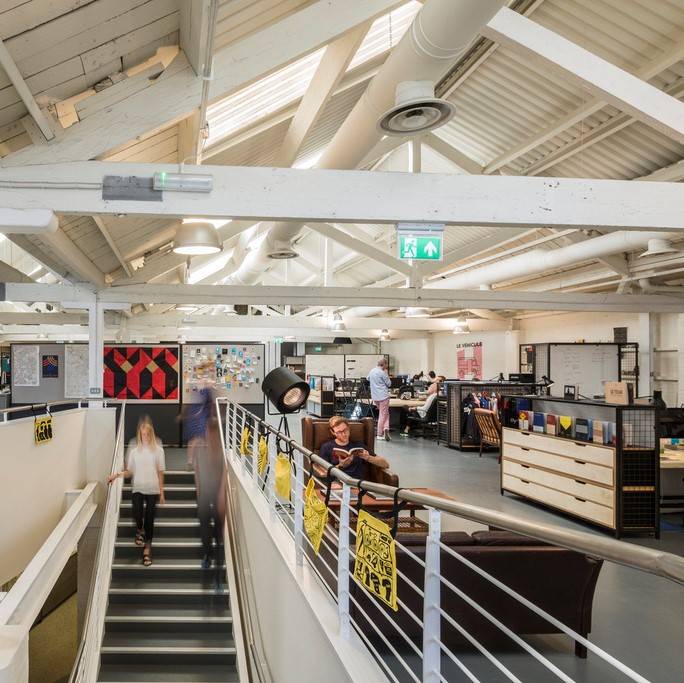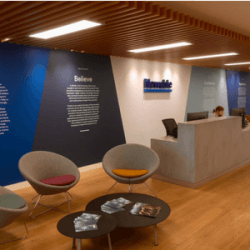To provide the best experiences, we use technologies like cookies to store and/or access device information. Consenting to these technologies will allow us to process data such as browsing behaviour or unique IDs on this site. Not consenting or withdrawing consent, may adversely affect certain features and functions.
The technical storage or access is strictly necessary for the legitimate purpose of enabling the use of a specific service explicitly requested by the subscriber or user, or for the sole purpose of carrying out the transmission of a communication over an electronic communications network.
The technical storage or access is necessary for the legitimate purpose of storing preferences that are not requested by the subscriber or user.
The technical storage or access that is used exclusively for statistical purposes.
The technical storage or access that is used exclusively for anonymous statistical purposes. Without a subpoena, voluntary compliance on the part of your Internet Service Provider, or additional records from a third party, information stored or retrieved for this purpose alone cannot usually be used to identify you.
The technical storage or access is required to create user profiles to send advertising, or to track the user on a website or across several websites for similar marketing purposes.
 Over half of home workers say they appreciate the benefits that home working offers but nearly a quarter complain of loneliness too, a new survey from BHSF claims. When asked how working from home makes them feel, the top three responses were: free (50 percent), in control (47 percent) and calm (46 percent). However, a significant number of those surveyed chose more negative words to describe their feelings. Just over a quarter (26 percent) said that working from home made them feel remote, 24 percent felt isolated and 21 percent lonely. (more…)
Over half of home workers say they appreciate the benefits that home working offers but nearly a quarter complain of loneliness too, a new survey from BHSF claims. When asked how working from home makes them feel, the top three responses were: free (50 percent), in control (47 percent) and calm (46 percent). However, a significant number of those surveyed chose more negative words to describe their feelings. Just over a quarter (26 percent) said that working from home made them feel remote, 24 percent felt isolated and 21 percent lonely. (more…)
















 Although the majority of business leaders rate their business as efficient, nearly a third of respondents to a recent survey waste up to 65 working days per year on administrative tasks, with over half wasting the equivalent of a working month. Priority Software’s Business Process Efficiency Index 2018 suggests business leaders are struggling to take charge of company productivity; and while senior decision-makers expressed the desire to spend more time planning for the future of their businesses, they said too much time is currently occupied by administrative tasks.
Although the majority of business leaders rate their business as efficient, nearly a third of respondents to a recent survey waste up to 65 working days per year on administrative tasks, with over half wasting the equivalent of a working month. Priority Software’s Business Process Efficiency Index 2018 suggests business leaders are struggling to take charge of company productivity; and while senior decision-makers expressed the desire to spend more time planning for the future of their businesses, they said too much time is currently occupied by administrative tasks.















October 31, 2018
What is in a name for the UK facilities management sector?
by Jo Sutherland • Comment, Facilities management
(more…)